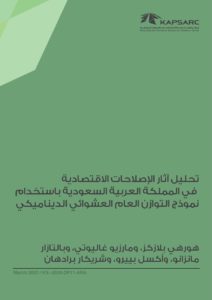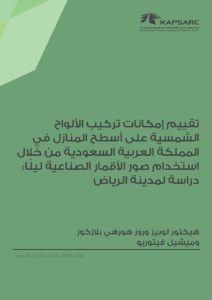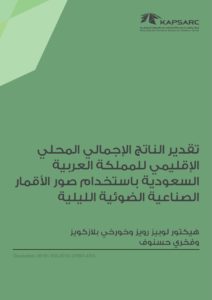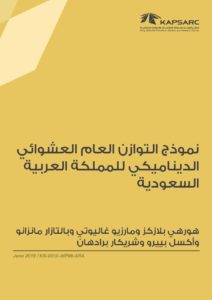يهتم هورهيز باقتصاديات الدول الناشئة، ويمتلك خبرة في القطاعين الحكومي والخاص حيث عمل مستشارًا اقتصاديًا في مكتب وزير الطاقة والصناعة والتجارة بالإضافة إلى مكتب رئيس الوزراء، وقد ترأس مجلس الاحتياطي النفطي الأسباني، بالإضافة لكونه عضواً في مجلس إدارة شركة استراتيجيات البترول في اسبانيا، عمل في فريق التمويل والاقتصاد الخاص بمنظمتي نيس ومركز دراسات النقد والتمويل في اسبانيا، وتقلد العديد من المناصب في االمنظمات المعنية في قطاع الطاقة في اسبانيا وكذلك عمل اقتصاديًا أول في بنك بي بي في أي، ولهورهي خبرة في العمل بمنشأتين أكاديميتين ضمن الفريق المالي والاقتصادي

تحليل آثار الإصلاحات الاقتصادية في المملكة العربية السعودية باستخدام نموذج التوازن العام العشوائي الديناميكي
تمتلك المملكة العربية السعودية ثاني أكبر مخزون احتياطي مؤكد من النفط في العالم وهي ثاني أكبر منتج للسوائل البترولية عالمياً. وتعد أكبر مصدّر للنفط الخام بحصة تمثّل ٪16 من إجمالي صادرات النفط الخام في عام .2017يعتمد الاقتصاد السعودي بشكل كبير على النفط، بحيث يعتمد حوالي ٪44 من ناتجه المحلي الإجمالي و75٪ من صادراته على النفط.
21st مايو 2020






